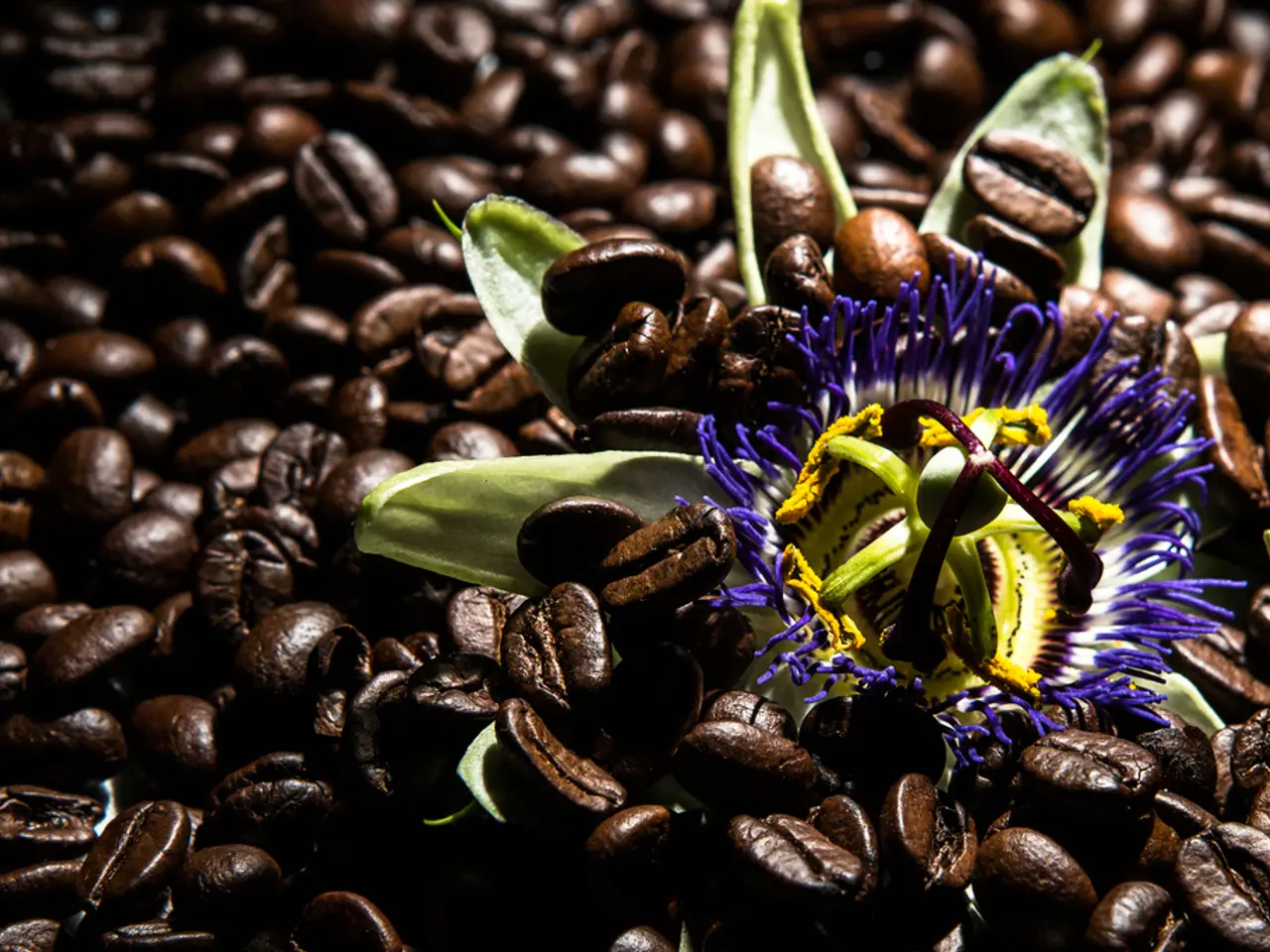Exploring Garden and Organic Fertilization Using Coffee Waste
Coffee lovers, rejoice! Your morning brew can do more than just wake you up. Used coffee grounds are a valuable resource for your garden, rich in carbon nutrients and a great source of nitrogen. When it comes to composting, coffee grounds are an ideal addition. They have a close-to-neutral pH level of 6.5 to 6.8 pH, making them suitable for a variety of composting materials. However, it's important to note that raw coffee grounds contain more acids and should not be added to the compost bin directly. So, how do you incorporate coffee grounds into your composting routine? A simple formula to follow is creating a 1/3 layer of dried fallen leaves, 1/3 fresh grass clippings, and 1/3 layer of coffee grounds in your static compost bin. This balanced mixture provides the perfect environment for the microbes that break down organic matter. When adding coffee grounds to your compost bin, ensure the total volume does not exceed 20% to avoid disrupting the activity of these essential microbes. It's also important to mix the coffee grounds well with other organic materials to prevent the layer from drying out and becoming a compact barrier. Water-soluble acids are retained in coffee, not in the coffee grounds themselves. This means that dry coffee grounds repel water, so they are best used moist. Once the coffee ground-enriched compost is ready, usually after 3 to 6 months (with regular turning of the compost once a week to speed up the process), it can be used to grow a variety of plants. Acid-loving plants such as hydrangeas, rhododendrons, hollies, azaleas, lily of the valley, blueberries, carrots, and radishes thrive in this compost. Additionally, tomatoes, roses, and other nutrient-demanding garden plants also benefit from the nutrient-rich compost. However, it's worth noting that some acid-sensitive plants, including geranium, asparagus fern, Chinese mustard, and Italian ryegrass, won't fare well when amended with coffee ground compost. But that's not all! When added to soil, coffee grounds improve soil structure, encouraging the growth of organisms that break down organic matter. This, in turn, helps to maintain a healthy and thriving garden ecosystem. If you're ready to start your own backyard compost, consider investing in a heavy-duty compost bin to hold more composting materials and produce natural fertilizers for your garden. Happy composting!




